Save money and the planet with tips from Plastic Free Home’s Dave Lamont
The rising cost of just about everything is unmissable at the moment, not least when it comes to the weekly grocery shop. It possible to save money and still be sustainable.
Make it from scratch
Most of us have become rather lazy in the kitchen, leaning too heavily on processed, pre-prepared and overly packaged food items. As a quick example, a supermarket branded vegetable lasagne for two will set you back £8. Imagine how much lasagne you could make for that… A packet of Bird’s Instant Custard will cost you 47% more than the same brand’s tinned powder. With a little extra time and thought you can save a small fortune.
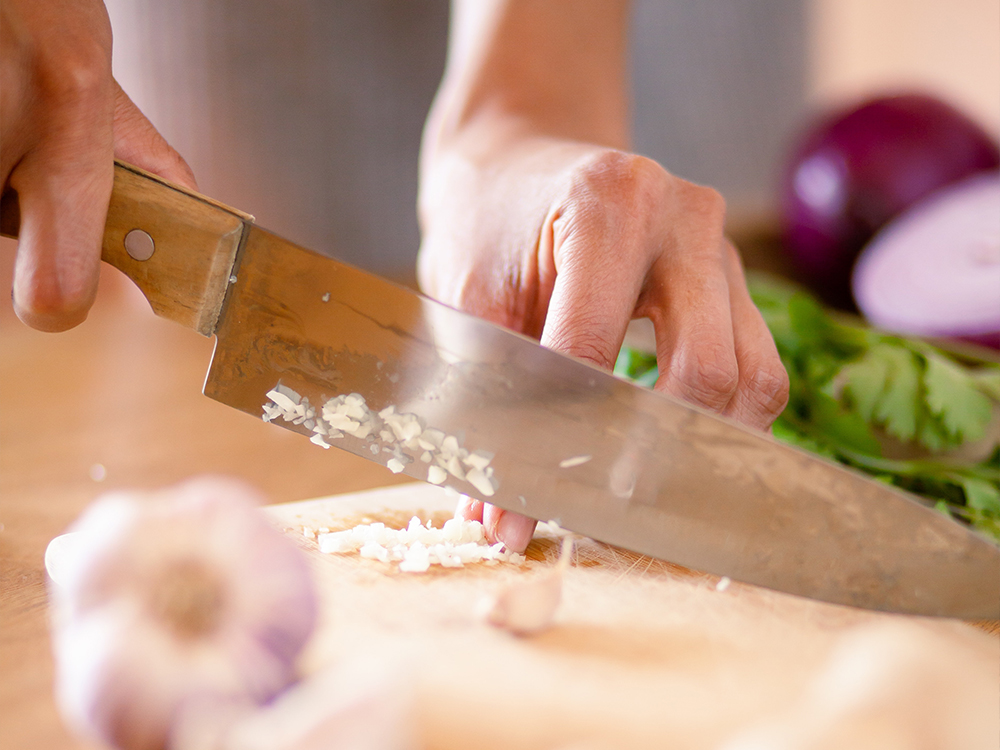
Be prepared
Whether you are going to work or off out for the day with the family, try to take everything you might need with you. From a picnic or packed lunch to a reusable drinks bottle or flask. Buying items on the go will cost you several times more and, of course, everything will be packaged resulting in avoidable waste. If you need to refill your drinks bottle, check out the free Refill app that will direct you to a nearby water station.
Grow your own
Whether you have access to an allotment or even just a little space in your garden, it’s easy and great fun to grow your own fruit and veg. Raised beds can be made cheaply or you can repurpose existing borders and containers. You might even want to invest in a mini greenhouse, or to browse online for a second hand one someone is selling cheaply or giving away. If you’ve got the space, plant some larger fruit bushes or trees too. They are often available cheaply from large supermarkets in spring and summer and you will quickly make your money back.
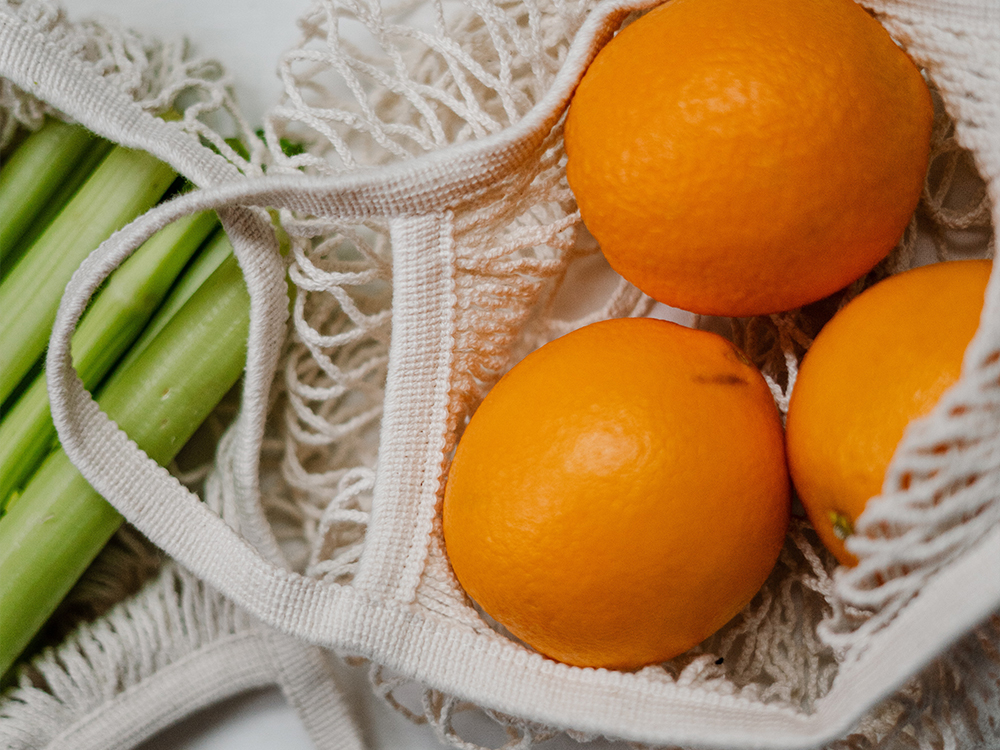
Avoid food waste
If food waste were a country, it would be the world’s third largest emitter of greenhouse gas emissions after China and the USA. Whilst we’ve taken great strides here in the UK, we still waste nearly ten million tonnes of food annually. Avoid the temptation to buy in bulk, it’s often not cheaper if you compare prices by weight or volume. Portion control people, and plan ahead. Don’t throw anything away or get overly attached to best before dates. And, if you really have to throw food away, make use of your food waste collection or compost bin if you are lucky enough to have one.
Reduce your meat intake
In the UK we have cut our intake by 17% in the past decade, but the national food strategy suggests we need to double that figure. Meat production is a significant contributor to climate change and other environmental issues, while eating lots of processed or red meat has been linked to a greater risk of heart disease, type 2 diabetes and certain types of cancer. It’s also often one of the more expensive items in shopping trollies. Consider further reducing your consumption, or even whether you can work towards becoming vegetarian or vegan.
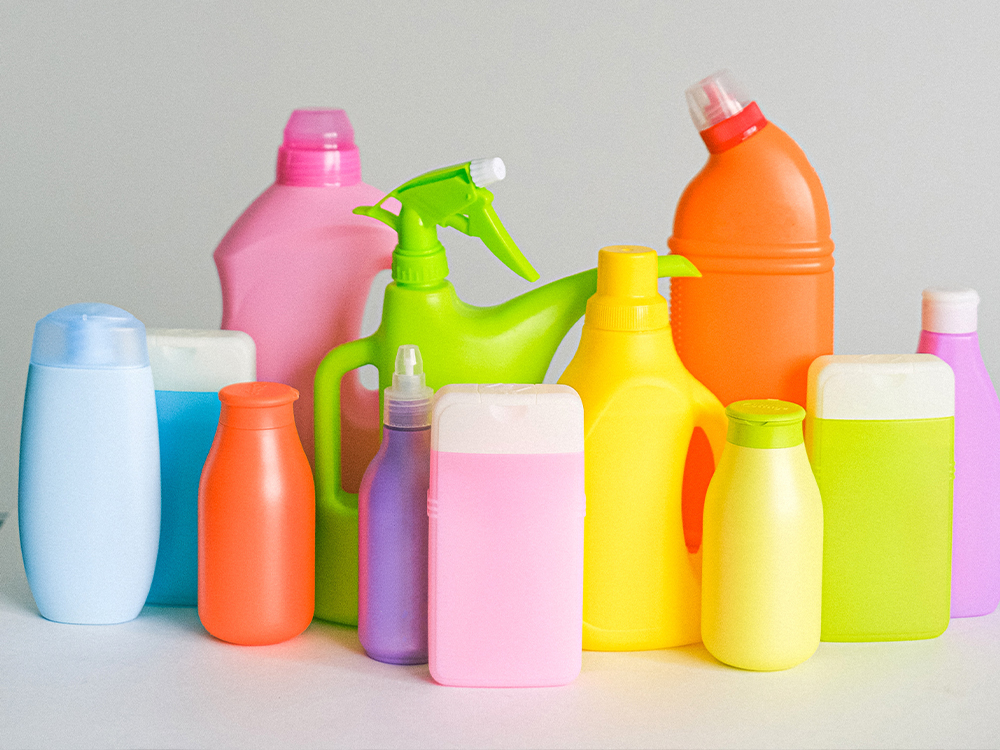
Household items
In our kitchen cupboard you won’t find a dozen different household and cleaning products, often heavily packaged and full of nasty chemicals. Why? Because we don’t need them. Next time you run out of something, ask yourself if you really have to buy it again, or explore a homemade or more eco-friendly alternative. Whether you’re washing the dishes, doing laundry or having a spring clean, if you need ideas please visit www.theplasticfreehome.com or get in touch.
Your daily regime
The same is true when it comes to our bathroom. All of the products we use are eco-friendly and often also refillable. And you can survive with far fewer of them! Toilet roll is a perfect example. A supermarket or big brand quilted option currently costs up to 46p per 100 sheets, while a normal alternative can come in at between 20p – 30p per 100 sheets. Our toilet roll of choice, Boxroll, is made from 100% recycled post-consumer waste paper here in the UK and is just 18p per 100 sheets.
Download Olio
Olio is a mobile app allowing people and businesses with surplus goods to connect with those keen to make use of them in their local area. This might range from a bakery giving away bread or treats to a near neighbour with more fruit or veg than they can eat. Check out local supermarkets too – some will sell discounted ‘wonky’ and imperfect, but perfectly edible, items.
Find out more
See more about Plastic Free Homes and find the Olio app here




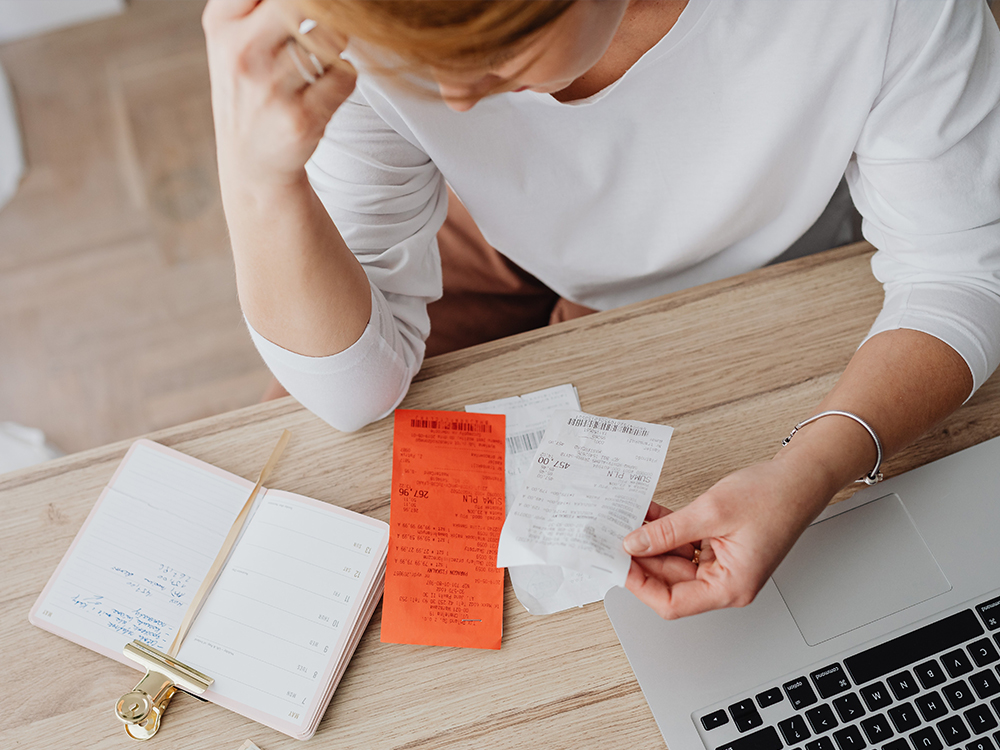





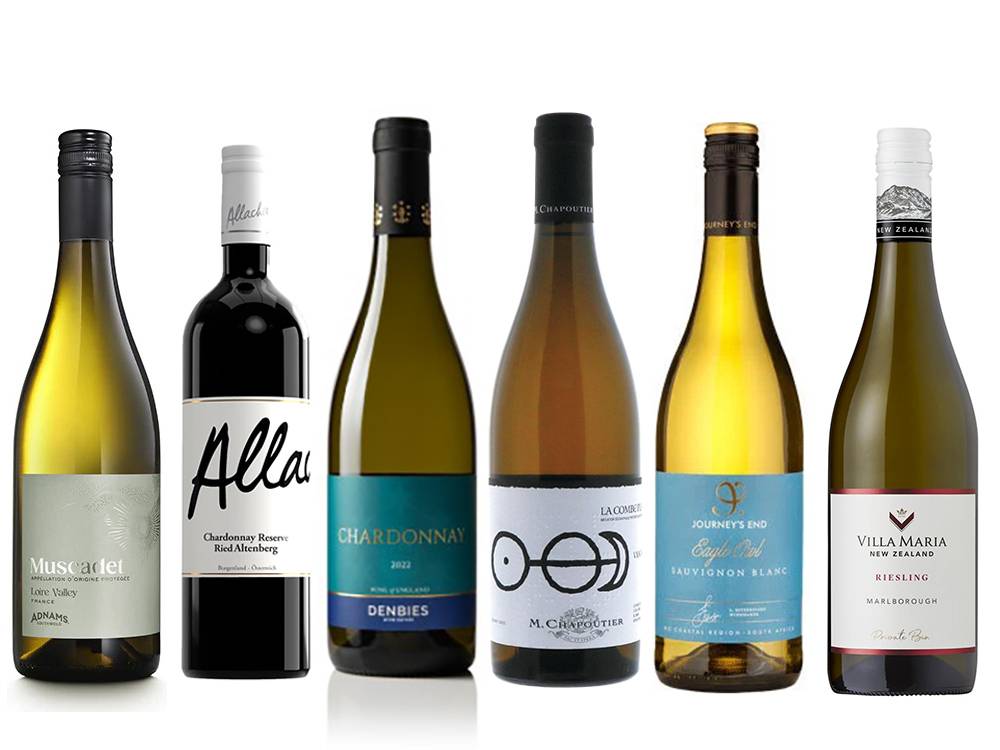
Comments